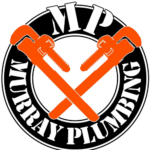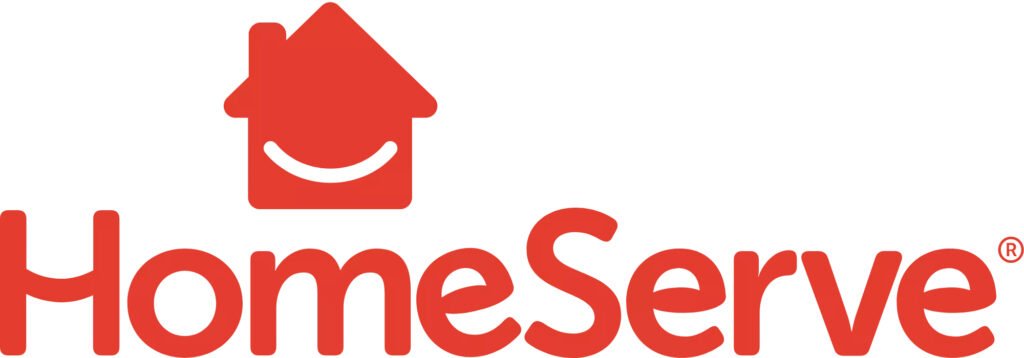A hurricane or flood can cause significant damage to your home, especially to your plumbing system. Water can flood pipes, damage fixtures, and lead to blockages. In this guide, we will explain how to repair your plumbing after a hurricane or flood and how Murray Plumbing Inc. can assist in restoring your plumbing system to full function.
Common Plumbing Issues After a Hurricane or Flood
After a hurricane or flood, several plumbing problems can arise. These issues need prompt attention to avoid further damage and prevent health risks. Here are the most common plumbing issues caused by extreme weather:
1. Pipe Damage
Floodwaters can weaken or crack pipes. This can result in leaks, reduced water pressure, or even complete pipe failure. If pipes are damaged during a storm, it is important to fix them immediately to avoid long-term water damage.
2. Clogged Drains
Floodwaters often carry debris, dirt, and mud, which can enter your plumbing system and cause clogs. This debris can block drains, leading to water backup and slow drainage in sinks, bathtubs, and toilets.
3. Sewer Line Issues
The storm can damage your sewer lines, causing backups and leaks. If the sewer line is compromised, wastewater may not flow correctly, leading to sewage backup in your home. This issue can be hazardous to your health and should be addressed immediately.
4. Water Heater Damage
Flooding can damage your water heater, particularly if the water level reaches the unit. If the water heater is submerged or exposed to floodwaters, it could corrode, break down, or become a fire hazard.
5. Flooded Sinks and Toilets
During a flood, sinks and toilets may become flooded with contaminated water. This can damage plumbing fixtures, creating potential health risks due to exposure to bacteria and other harmful substances.
Steps to Take Immediately After a Hurricane or Flood
After a hurricane or flood, your priority should be ensuring safety and assessing the damage to your plumbing system. Here’s what you should do first:
1. Turn Off the Water Supply
If floodwaters have entered your home, the first step is to shut off the main water supply to prevent more water from entering the plumbing system. This will help minimize additional damage and prevent further flooding in your home.
2. Turn Off the Power
If floodwaters have reached your electrical systems, turn off the power at the main breaker to avoid any risk of electrocution. If your water heater is damaged by flooding, turning off the power is essential to prevent electrical fires.
3. Inspect for Visible Damage
Look for visible signs of damage such as cracks in pipes, standing water near fixtures, or debris blocking drains. If you can safely do so, make temporary repairs to prevent further damage until professional help arrives.
4. Check for Sewer Backup
Check your toilets, sinks, and bathtubs for any sewage backup. If you notice any signs of waste or sewage, avoid using the plumbing system until a plumber can inspect the sewer line for damage.
5. Remove Standing Water
If possible, remove any standing water around pipes or fixtures. You can use a sump pump, wet vac, or towels to soak up the water. This will help prevent further water damage to your plumbing system and other areas of your home.
How Murray Plumbing Inc. Can Help
Murray Plumbing Inc. specializes in fixing plumbing problems caused by hurricanes or floods. Our team of experts is ready to help you restore your plumbing system and prevent further damage. Here’s how we can assist:
1. Damage Assessment
Our experienced plumbers will carefully inspect your plumbing system to identify any damage caused by the flood or hurricane. We use advanced tools to detect leaks, cracks, or blockages in your pipes, ensuring no issue goes unnoticed.
2. Pipe Repairs and Replacement
If your pipes have been damaged by flooding, we will assess the extent of the damage and repair or replace the pipes as needed. We can replace cracked or burst pipes, ensuring that your plumbing system is secure and functional.
3. Drain Cleaning
If your drains are clogged with debris, mud, or other materials, we will clean and clear them. We use high-pressure water jetting and specialized tools to remove blockages and restore the proper flow of water through your plumbing system.
4. Sewer Line Inspection and Repair
If your sewer line is damaged or blocked, we will perform a thorough inspection using state-of-the-art cameras to identify the source of the problem. We will then repair or replace the sewer line to ensure proper waste disposal and prevent sewage backup.
5. Water Heater Repair and Replacement
If your water heater has been damaged by floodwaters, we can inspect it to determine whether it can be repaired or needs to be replaced. A damaged water heater can lead to cold water or even dangerous electrical issues, so it’s important to address the problem quickly.
6. Flooded Fixtures
We can inspect and repair any fixtures that have been damaged by floodwaters, including sinks, toilets, and bathtubs. If necessary, we will replace damaged fixtures to ensure your plumbing system is fully functional.
7. Emergency Plumbing Services
We understand that plumbing emergencies don’t wait, especially after a hurricane or flood. Our team is available for emergency plumbing services to address urgent issues and prevent further damage to your home.
How to Prevent Plumbing Damage in Future Storms
While it’s not always possible to prevent damage during extreme weather, there are steps you can take to reduce the risk of plumbing issues in future storms. Here are some tips to help protect your plumbing system:
1. Elevate Plumbing Fixtures
Consider elevating your plumbing fixtures, such as your water heater, to higher levels in your home. This can help protect them from flooding during future storms.
2. Install a Backflow Valve
Installing a backflow valve on your sewer line can prevent sewage from backing up into your home during floods. This can help protect your plumbing system and keep your home safe from contamination.
3. Maintain Your Pipes
Regularly inspect your plumbing pipes for signs of wear or damage. Replace old or worn-out pipes to prevent breaks during storms. Proper maintenance can help reduce the risk of major plumbing issues.
4. Clear Gutters and Drains
Ensure that your gutters and drains are clear of debris before a storm hits. This can help prevent water from backing up into your home and reduce the risk of flooding.
5. Install a Sump Pump
A sump pump can help remove excess water from your basement or crawl space during floods. Installing a sump pump can help prevent water from entering your plumbing system and causing damage.
Conclusion
Repairing your plumbing after a hurricane or flood requires prompt action to prevent further damage and ensure the safety of your home. If your plumbing system has been affected by a storm, Murray Plumbing Inc. is here to help. We offer expert damage assessment, pipe repairs, drain cleaning, sewer line inspection, and more. Contact us today to restore your plumbing and protect your home from future plumbing issues.



